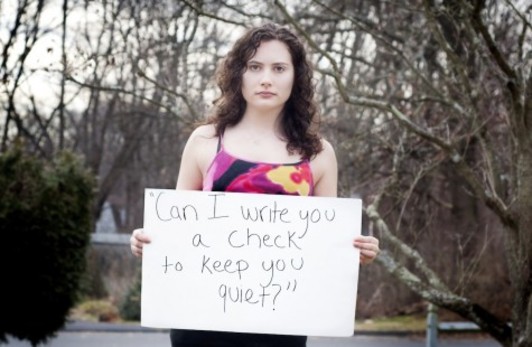Imagine if half the world's population were to reach its full potential. How would this advance progress on economic, societal and political issues?
The following debated the above question at one of the World Economic Forum's annual meeting events:
Watch the debate here: http://www.weforum.org/events/world-economic-forum-annual-meeting-2012?idvideo=99977
The following debated the above question at one of the World Economic Forum's annual meeting events:
- Michelle Bachelet, Undersecretary-General, United Nations Women (UN Women), New York
- Sheryl Sandberg, Chief Operating Officer, Facebook, USA; Co-Chair of the World Economic Forum Annual Meeting 2012; Young Global Leader
- Archbishop Desmond M. Tutu, Archbishop; Chair, The Elders, South Africa
- Talal Al Zain, Chief Executive Officer, Bahrain Mumtalakat Holding Company, Bahrain; Global Agenda Council on Private Capital
- Yingluck Shinawatra, Prime Minister of Thailand
- Nicholas D. Kristof, Columnist, The New York Times, USA
Some of the more interesting comments I picked up:
"We won't make it without the women" Archbishop Desmond M. Tutu
How can we create greater equality? By including women in the workforce.
"Women have the ability to generate better performance and profit in institutions"
"We need the whole population to push forward the global economy, not just half of it"
"The Fortune 500 - the 25 companies which are 'female friendly' have reported higher performance" Talal Al Zain
Watch the debate here: http://www.weforum.org/events/world-economic-forum-annual-meeting-2012?idvideo=99977
Attitudes in both developed and developing world need to change. For example, t-shirts sold in Jamboree which say "Smart like daddy, pretty like mummy" hinder the progress that women are making to reach the top. Often, the more successful a woman is, the less she is liked. Sheryl Sandberg
Women spend 90% of their income on their children whereas men spend only 30-40% therefore giving women economic control can only result in better outcomes for the whole society. Michelle Bachelet
As Warren Buffet said: "I succeeded because I only had to compete with half of the population"
To conclude: "to achieve gender parity, it can't be a bad thing, can it?" Desmond M. Tutu
s








